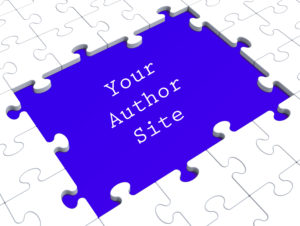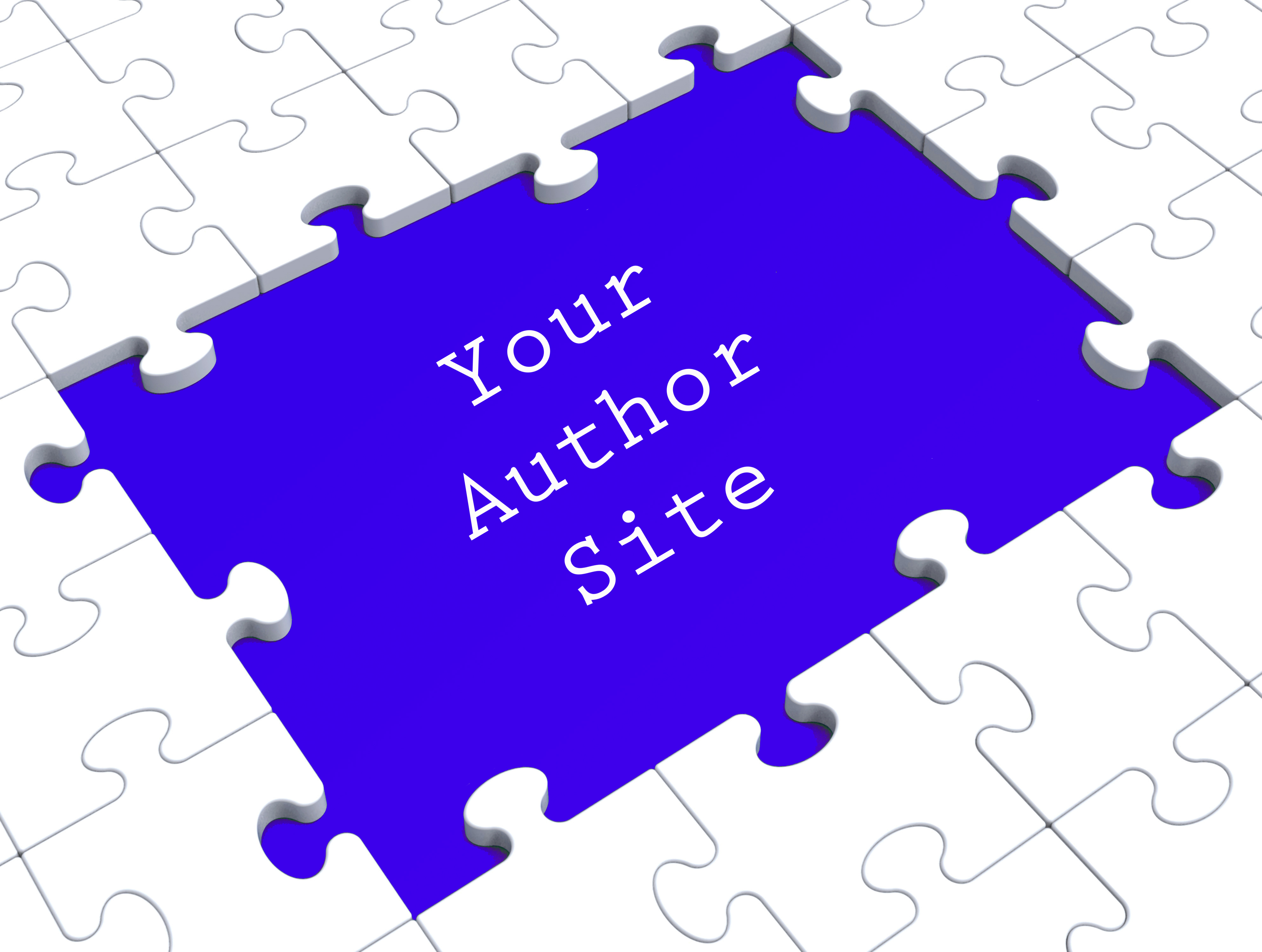Have you ever googled your own name? You should. It is interesting to see what comes up. If you are an author what shows up when a fan or agent searches for you is pretty important. If you write, you need an author site.
Why an author site instead of a book site? With the focus on you as an author, instead of the individual book, you have room to grow. Each book can have its own landing page or subdomain under your author site. Fans want to get to know the author behind their favorite books. Read on for the reasons why you need your own author site.
- Shows you are legit
There are a thousand new books being created each day. To stand out, especially from the “do-it-yourself-quick” crowd, you want to present as a professional author. Having a good looking site with well written content sets you apart. Agents and fans often google peoples names. To be the first result that pops up in a Google search is reason enough to have you own author site.
- Social Media Anchor point
Social media is more powerful with a website, and an author website is more powerful with social media. It is a symbiotic relationship. Managing multiple social media outlets is much easier from a central website. In fact, there are plugins and options that will automatically post to social media for you, especially if you use WordPress or other content management systems.From your author site you can post to Facebook, tweet to Twitter, pin on Pinterest, or whatever your social media flavor is, while keeping a consistent message. Promoting from Facebook or Twitter to another platform is much harder. Which makes sense if you think about it. Each social media site was set up for a different niche. Facebook allows images but is more chatty. Twitter is text less than 140 characters. Pinterest and Instagram are more image driven. So you might not get as much traffic on your site as on your social media outlets, but having a website will make your life easier and will drive traffic through the social media sites. Plus not everyone is on social media, so it is good to have a place for them as well.
- Control
An author’s site is their castle. You get to decide what goes on your site, and you are not restricted by Amazon or anyone else’s policies. In fact they will all have a place where you can put a link to your author site!There are so many cool options that you can provide on your own site. If you want to provide a free chapter you can. You can have press kits, media kits, official author bios, event listings, book club materials, testimonials, whatever you want. Sell your book off your own site and keep every precious penny!While this might seem overwhelming, having this freedom and control over your message is a beautiful thing. So guard it well and don’t fret. There are plenty of articles out there to help guide you. Start small and then grow.
- Connections
This is what it is all about really. You wrote down words with the hopes that they would connect with someone, hopefully with many someones. The someones are going to want to connect back to you. The author site is about you, and because you have control over your site, you can manage how your fans interact with you. Interactions vary from providing a simple bio where you fans can learn carefully scripted information about you, to interacting directly with your fans through comments or even forums.You can set up your site to collect emails. Emails are golden! Having someone decide that they like you enough to take the action of filling out a form and trusting you with their contact information is a wonderful thing. This is a very targeted audience, no matter how small. Make sure you treat people’s emails with the respect they deserve. Offer them extra treats for being so cool, like bonus chapters, or even to be a focus group for your next book!
Of course creating an author website is not the end, you will need to set aside time for updates and maintenance. Updated content keeps the search engines happy. While this sounds like a lot of work, a good author site will be a solid foundation for your overall market strategy and it can be a load of fun too. In future articles, we will dive deeper in the process of creating an author website: how to create one, what you need on your author website, more on social media, and tools and tricks to help.
~ * ~
If you liked this article, please share. If you have suggestions for further articles, articles you would like to submit, or just general comments, please contact me at paula@publetariat.com
 When I talk with authors about optimizing their blog posts for SEO (Search Engine Optimization), most look at me as though I’m speaking in tongues. And maybe I am: SEO is a different language when you think about it. Authors aren’t socialized to learn this stuff. It’s only through understanding the importance of book marketing, and how SEO fits into our author platform, that we realize, “holy shit, this optimization stuff truly does have an impact — maybe I should take it more seriously,” and so we do.
When I talk with authors about optimizing their blog posts for SEO (Search Engine Optimization), most look at me as though I’m speaking in tongues. And maybe I am: SEO is a different language when you think about it. Authors aren’t socialized to learn this stuff. It’s only through understanding the importance of book marketing, and how SEO fits into our author platform, that we realize, “holy shit, this optimization stuff truly does have an impact — maybe I should take it more seriously,” and so we do.

